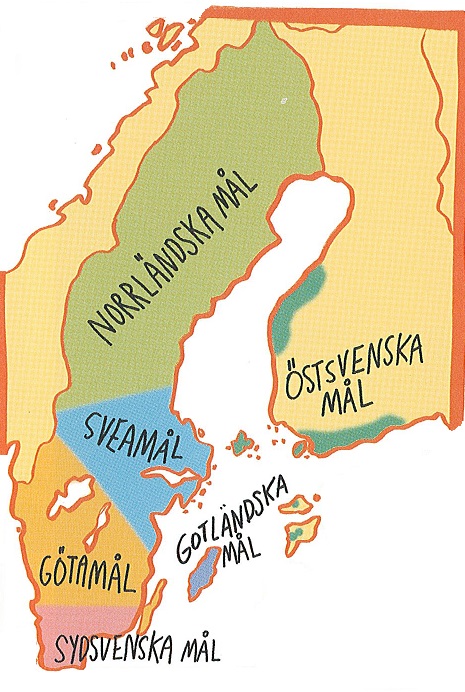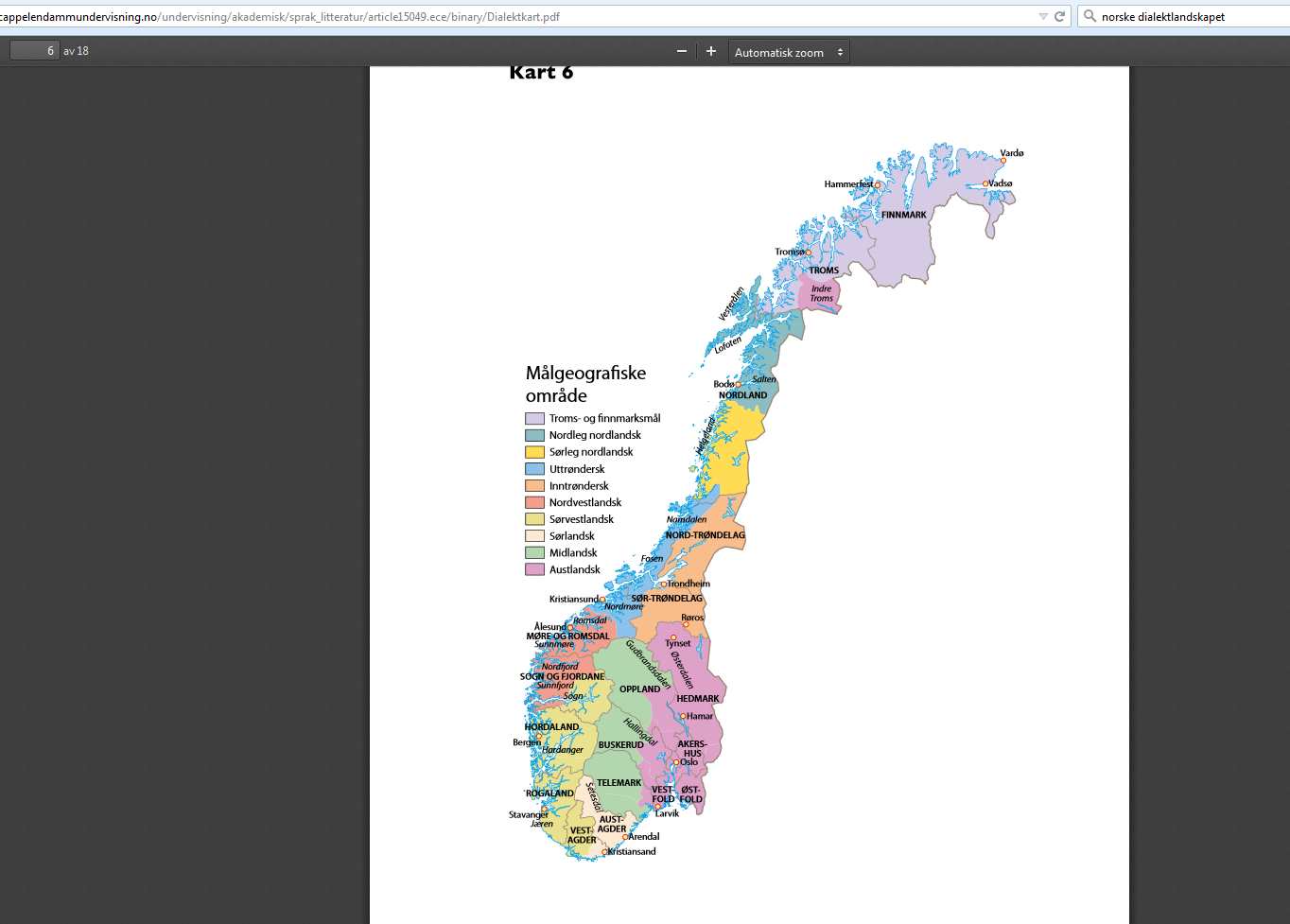Do the poles agree with that? I understand the topic of their orgin can be a bit sensitive.Polish developed partially from Czech, and Slovak is a mix of Polish, Czech and Hungarian.
How do you all understand one another
- Thread starter Pellaken
- Start date
-
We have updated our Community Code of Conduct. Please read through the new rules for the forum that are an integral part of Paradox Interactive’s User Agreement.
You are using an out of date browser. It may not display this or other websites correctly.
You should upgrade or use an alternative browser.
You should upgrade or use an alternative browser.
I'm polish and I don't see why anyone would disagree with it ;pDo the poles agree with that? I understand the topic of their orgin can be a bit sensitive.
- 3
I think that depends a lot on the person in question. I have met foreigners that have learned Norwegian and been able to understand Swedish and Danish quite well, and on the other hand I have met foreigners that are more or less fluent in Norwegian and don't understand Swedish and Danish at all (a German I know is close to fluent, but insist on English in meetings where Swedes and Danes take part because he don't understand a word they say).
That person would have to be quite confident, talented and fluent, with supreme listening skills to be able to decipher the other scandinavian languages. Swedish is one of my native languages and I have spoken it my entire life, more than my Finnish. Yet I cannot fully understand Danish and Norwegian. In fact, I have a far easier time understanding German, Dutch or Estonian (obviously I am not very good at those either). Of course, written language is significantly easier and should realistically be possible to understand on a basic level after achieving some level of fluency in one language.
- 2
To be fair, it takes some practice (for some) to learn to understand the other languages. I'm Danish, and my grandfather speaks a dialect of Danish that I didn't understand for a long time, either...
I don't understand Swedish. But I can read it somewhat well... I can read the old Norwegian quite well, I think.
You'd be interested in the fact that Dutch and Anglo-Saxon are both quite easy to understand, as well, although both take even more practice. Language is usually like a spectrum, that way.
I don't understand Swedish. But I can read it somewhat well... I can read the old Norwegian quite well, I think.
You'd be interested in the fact that Dutch and Anglo-Saxon are both quite easy to understand, as well, although both take even more practice. Language is usually like a spectrum, that way.
You'd be interested in the fact that Dutch and Anglo-Saxon are both quite easy to understand, as well, although both take even more practice. Language is usually like a spectrum, that way.
I had a Norwegian friend who said she could read Anglo-Saxon if she squinted at it.
- 3
I can attest to that as well. It is difficult, but the vocabulary is a lot closer to Scandinavian languages than modern English since it lacks the many French loanwords.
- 1
I find in general that I, being Swedish, prefer communicating in English with our more southern brethren while Norwegian tends to be more understandable. Danish pronunciation can be dreadful and discussing money is an absolute nightmare, as I found out during a summer of work in a marina.
- 1
You mean that it's hard to understand what fem-tusen-fire-hundre-og-åtte-og-halvfems means? The Danish number system is a little confusing for non-Danes, but at least it's not the French one...I find in general that I, being Swedish, prefer communicating in English with our more southern brethren while Norwegian tends to be more understandable. Danish pronunciation can be dreadful and discussing money is an absolute nightmare, as I found out during a summer of work in a marina.
Skall! Or something.
This is probably a very stupid question, but,
how do you all understand one another.
I don't mean like how does Johan understand Fredrick, but how does some random from Vaxjo understand some random from Trondheim and how do they understand some random from Aarhus?
Are the languages that close to one another? And if they are (here comes the stupid question bit) how do you know they are actually different languages?
It is a stupid question, but i cannot blame you as i speak swedish fluently. Our languages are more similar than different. It may be hard as english speaker, or anything else not related to the languages in the north as the languages may seem very different when you don't know the languages. Many complain danish is very hard but if you give it some time you will learn its not much different than norwegian if yet a bit more advanced.
.......what?It may be hard as english speaker, or anything else not related to the languages in the north as the languages may seem very different when you don't know the languages.
.......what?
?
As you're having trouble understanding how similar norwegian and swedish is i thought that was the case which its probably is.
That still makes no sense.?
As you're having trouble understanding how similar norwegian and swedish is i thought that was the case which its probably is.
Since I'm having trouble understanding how they are similar... you thought it was the case?
Oh. Do you mean
"I thought that was the case which its probably is, as you're having trouble understanding how similar norwegian and swedish is"
That would make sense.
"I thought that was the case which its probably is, as you're having trouble understanding how similar norwegian and swedish is"
That would make sense.
This thread brings me to the thougt if Scaninavia should once again be an union. I think that would be better for us than the EU, to wich Sweden is the bigest finacial contributer per capita... :/
Do all Norcemen agree?
Do all Norcemen agree?
- 2
Well, Norway has adopted all European directives except one.. And were nit in EU.
In my childhood, I watched Swedish kid show bumpibjörnana or how its spelled, and Darkwing duck. So learned alot of Swedish there, but understand Swedish very well, but struggle to speak it without messing it up.
Funny thread this is. I'm Norwegian.
In my childhood, I watched Swedish kid show bumpibjörnana or how its spelled, and Darkwing duck. So learned alot of Swedish there, but understand Swedish very well, but struggle to speak it without messing it up.
Funny thread this is. I'm Norwegian.
I feel like there's a whole load of different dialects in Scandinavia compared to the rest of the world, for example I live in Sønderjylland (North Schleswig to people that don't know what Sønderjylland is) and I've lived there my entire life and I'm still having big troubles understanding my mother when she speaks her dialect, in denmark there's also North-jute west-jute, Funen and Zealand accents - I'm not sure about the dialects of my scandinavian brethren though - Except for Skånska and the two ways to do norwegian bokmål and nynorsk...
Can anyone tell me how many dialects there are in swedish and norwegian?
Can anyone tell me how many dialects there are in swedish and norwegian?
In Norway basically every big city has a special dialect. And where there are no big city, each town has some variant of dialect. But remember that we grow up with all of these dialects in news, tv, radio..



